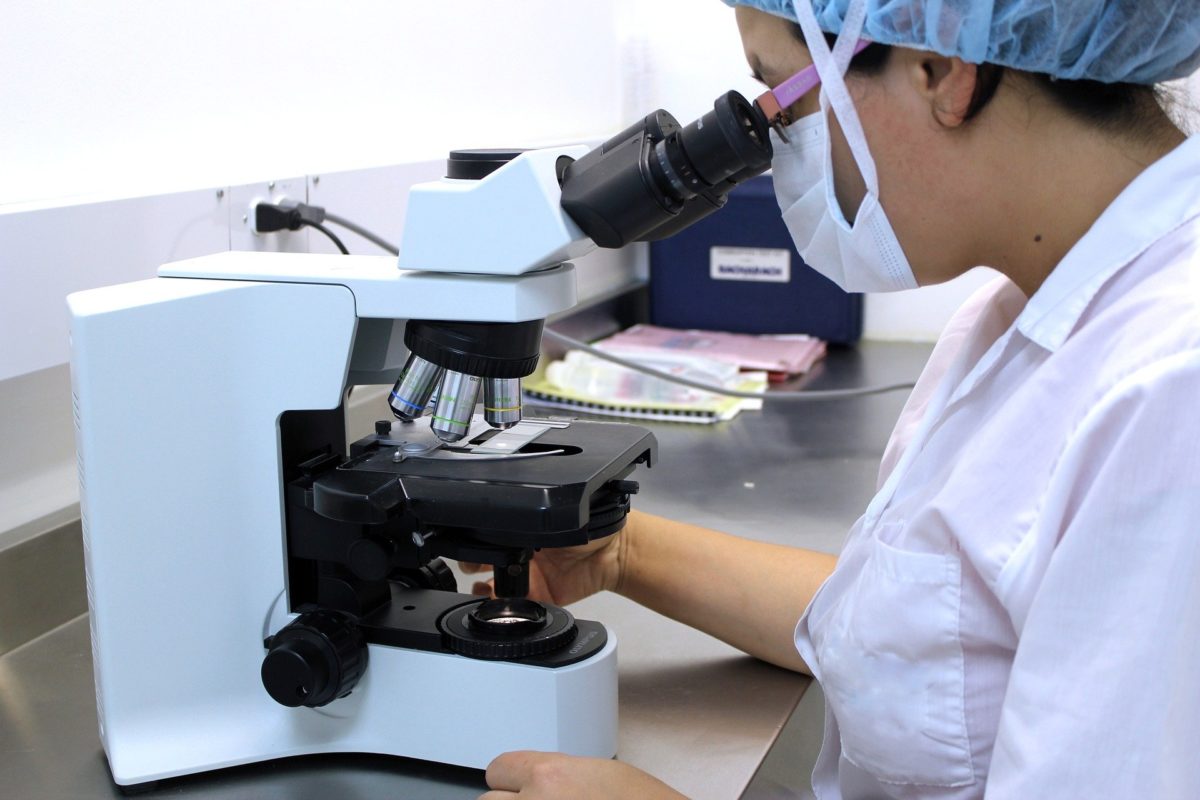Members of the Royal Society of New Zealand are being updated on the re-development of the Society’s Code of Professional Standards and Ethics.
Feedback from a variety of people and organisations earlier this year has been considered and chief executive Andrew Cleland says:
“The support and engagement of our members and the wider research community is important to the Royal Society Te Apārangi and we have given each of the submissions careful consideration as part of the revision process.”
Some submitters proposed a shorter Code and guidance material.
The working group looked at this alternative approach but concluded the detail has to be set out somewhere and it is better to be explicit to members of the obligations on them.
Dr Cleland hints that Treaty of Waitangi, partnership and cultural considerations have required greater detail in the Code. His letter says:
“Many of the really important expectations in the eyes of Māori working group members were not visible at the general standard level; the specific standards are important to them. A single document has many advantages in avoiding confusion.”
Dr Cleland notes that, at 11 pages and sufficiently complete to need no guidance material, the Code contrasts with the length of the recently released 140 pages of documentation from NEAC on health and disability research ethics.
The recently released Australian Code for the Responsible Conduct of Research is not much shorter than the Royal Society’s, he says, and the guidance material for it is still to be developed.
Members have been sent a copy of the old Code.
They are advised:
“There is no exact measure of their similarity, but certainly the bulk of the new code is the old code re-packaged.
“Many of the changes on which we consulted were introduced because the Society has chosen to advance its partnership with the Māori research community.
“There is now coverage of Māori research and working with Māori communities.
“After receiving submissions, the working group have made a number of changes to both newly introduced and previous sections.”
Members also have been sent the second consultation draft.
The society is seeking further submissions, hoping to receive them by September 21 and to finalise the Code for the Society Council’s November meeting.
Members are reminded they should be aware, when making submissions, that the Code is principles-based and the the Society remains committed to a broad view of ethics – a social contract between its members and the people they serve.
This includes societal and environmental ethics as well as the narrower research integrity (professional ethics).
The Society says it remains fully committed to the inclusion of the public interest, from which its reputation with the public follows.
The Society also has to cover members operating outside New Zealand and who are not employed by New Zealand research organisations so whilst the Code makes it clear that New Zealand law must be followed the Society has little choice but to set explicit standards to achieve coverage of all members.
Membership of the society is broad – for example, some members are not researchers and the Code needs to cover their professional activities.












